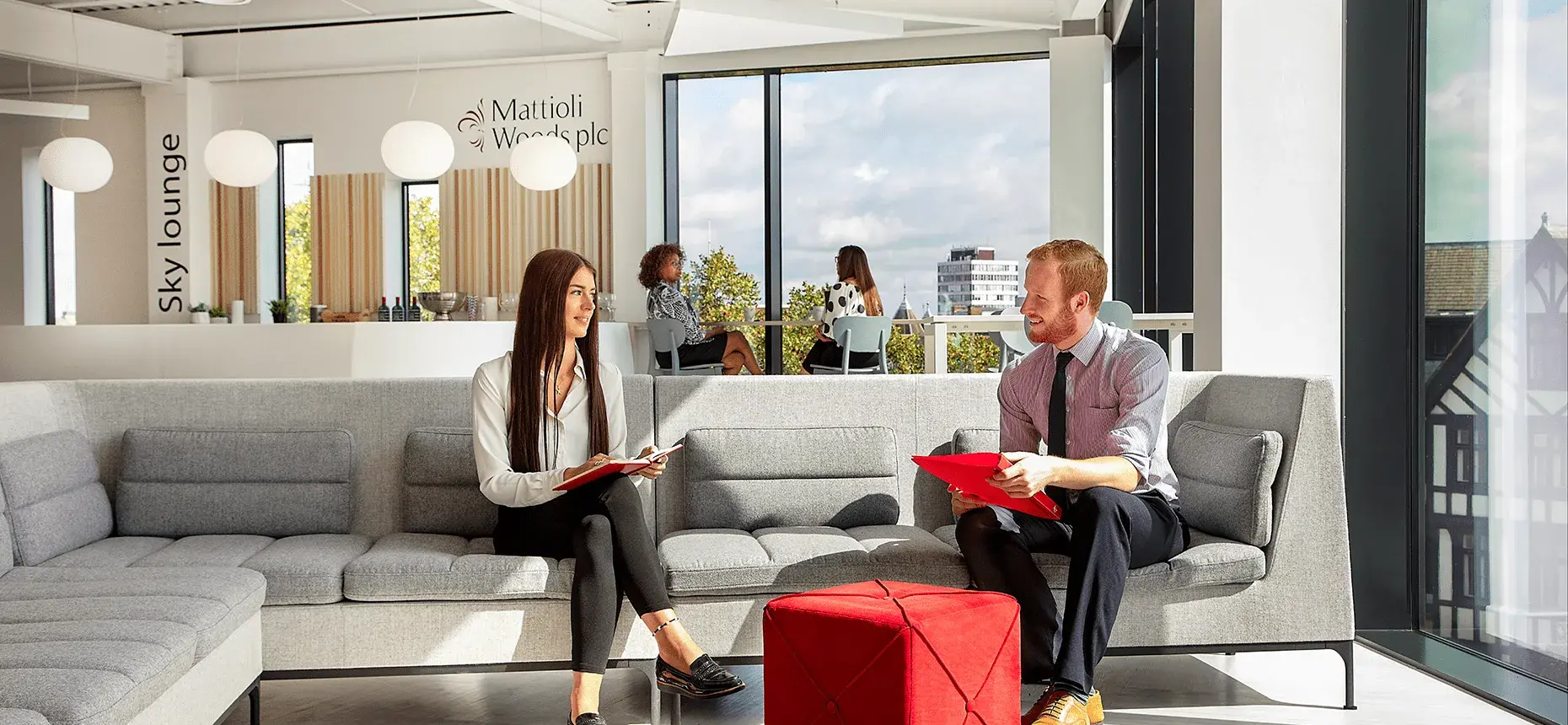Contrary to this, it is projected that around 60% of the UK’s wealth will be in the hands of women[1] within the next couple of years, yet women are less likely to reach out for advice. This has created an advice gap that needs to be addressed to ensure women are better educated to be able to make their wealth work for them. For context, the average gap in pension savings between men and women is over £100,000[2] and, given women have a higher life expectancy than men, on average they will also need to spend an additional £35,000 on long-term care.
There is some serious benefit to the industry by appealing to female prospects. According to the 2019 Kantar report ‘Winning over Wealth’, it is estimated that meaningfully engaging with women could bring in an additional £12.4 billion from Millennials and £24.4 billion from Gen X’ers. It has also been seen that women are more likely than men to recommend their adviser to family and friends, meaning there could be further engagement from a business development point of view.
So how do we engage women? Well, unsurprisingly, it comes down to empathy; knowing they have someone in front of them who can understand what they want and need from the advice process. Generally, women are wary of being patronised, looking ignorant, and being seen as simply an inheritor of wealth, so they tend to put off reaching out until later in life. This is despite 59% of women aged 18-34 worrying about money at least once a week, according to the Fidelity ‘Unlocking the power of advice’ report[3]. Instead, they are more likely to look at other sources to ease their stress, turning to GPs, personal trainers, or therapists as a way of managing their wellbeing before going to someone who can help with the source of their problem.
When they do eventually reach out for advice, much like with men, women want someone they can trust and have a long-term relationship with, as well as someone who will also include their children in the conversations, establishing a relationship with the whole family.
With the world we live in constantly changing, the industry needs to make sure younger generations are not being left behind. When it comes to advice, arguably Millennials are in higher need of financial advice than older generations ever were, particularly looking post-pandemic, considering those industries most affected by lockdowns have a majority Millennial/Gen Z workforce. With this comes a heightened need to ensure young people have the education and support required to make sure they are prepared for the future.
One area of concern for the younger generations is how to ‘adult’. Essentially this means navigating those big milestones, buying a house, getting married, having children etc. According to a report in the Financial Times[4], nearly a quarter of Millennials say they would prefer an adviser to provide them with potential scenarios of real-life events that may affect them, so they may see the impact this would have on them both now and in the future.
Additionally, and somewhat unsurprisingly, there is a greater need among Millennials to want to have their money invested responsibly. Simply making a return is not good enough anymore; there is an increased emphasis being placed on what the money is doing for the planet as well as for the investor’s pocket. Therefore, companies need to be more proactive in offering Environmental, Social and Governance (ESG) and ethically-friendly solutions. In a world where it is very easy to understand the negative impact money can have, it is to be expected that people want to guarantee they are not doing harm with their investments.
The cost of financial advice is also a roadblock for getting younger people in the door. With more young people working in the ‘gig economy’, the unsteady nature of their income makes it hard to justify the costs of financial advice, or in fact saving in general. One thing that eases this issue for them is the increase in fintech that allows them to have a more hands-on approach with their money and work with their advisers.
In summary, we need to consider the future of the industry and whether we are in fact doing what is best for our clients. There is a lot to be done to ensure we are not leaving anyone behind and the industry is accessible for all. There have been moves to make it easier for people to prepare for their future (just think of how many people now have a pension thanks to auto enrolment) but, as an industry, we need to make certain we do not slow down on new developments, ensuring we continue to add value to as many people as we can.






